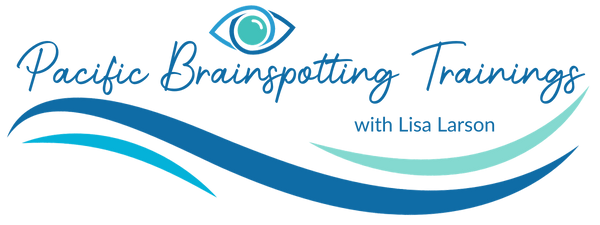REVOLUTIONIZE YOUR INTAKE & TREATMENT PLANNING
REVOLUTIONIZE YOUR INTAKE & TREATMENT PLANNING
March 21st, 2025, 9am-5:30pm Pacific
NEW DATE!! -- Online via Zoom
| Training | Dates available | Pricing |
| Standard Registration | Anytime | $325 |
| Student Registration | Anytime (With student proof attached) | $225 |
| Assosiate registration | Anytime (With assosiation attached) | $225 | Retake registration | Anytime (With previous training details provided) | $225 |
Couldn't load pickup availability

What is Intake?
About the course
This course will set you apart as a therapist. As you learn a results-driven Intake and Treatment Planning Process, developed over 25 years, you will become a warrior in expediting your clients healing by monitoring specific and measurable goals each week. Every client deserves to know that their therapist understands their goals and has a comprehensive treatment plan to assure they will accomplish them. As you upgrade your Intake and Treatment plans, your outcomes will improve dramatically. Attendees will learn to do a comprehensive Intake with every client by assessing the five most important areas to include, and carefully attuning to how the client wants to grow. They will learn to measure each client’s goals, diagnoses, negative cognitions, traumatic experiences and relevant resources at the onset of therapy. We teach attendees how to monitor progress throughout the therapeutic process until all goals have been met and the client is ready to graduate.
Educational Goals
Participants of this introductory course will leave class with a newfound confidence in their ability to navigate the intake process with clients in a way that will dramatically improve their client outcomes. They will also be able to choose which parts of the process fit best for their practice as the intake process is designed for multiple modalities of therapy, and especially useful for trauma. By using simple, yet comprehensive ways of assessing childhood and adult traumas and current levels of disturbance for each experience, they will have scientific data to help guide their plan. They will be able to implement an impactful and measurable treatment plan that can be referred to throughout treatment and enable the ability to tell when the client is ready to graduate, ensuring a goal of client graduation, not dependance. By utilizing a results-driven process to get to know all their clients, they will be able to determine if the client is on track with their goals and growth, while still following what the client wants to work on.
Learning Objectives
- Discover how to assess eight of the most common mental health conditions with the Amen Clinic Questionnaire, The MDQ for Bipolar, and the PCL-5 for PTSD.
- Observe and participate in the client intake process three times; first by witnessing it with a live demonstration, then as both the ‘client’ and ‘therapist’ in partner practice.
- Determine the five most important areas to assess in the intake and treatment planning process in-office.
- Identify three different assessments to use during the Intake process and when to use them. (Amen Clinic Questionnaire, MDQ Mood Disorder, and the PCL-5 for PTSD)
- Understand the ten traumatic experiences in childhood measured in the Adverse Childhood Experiences Study (ACE) and how high ACE scores impact longevity and health.
- List the six positive outcomes resulting from a specific and measurable treatment plan.
- List 3 examples of positive resources a client might list during their intake process.
Schedule
- 8:45-9:00: Introductions of trainers, staff, and assistants
- 9:00-10:30: PowerPoint
- 10:30-10:45: Break
- 10:45-12:15: Demonstration of the Intake Process
- 12:15-12:45: Debrief of Demonstration
- 12:45-1:45: Lunch
- 1:45-3:15: Practicum of Intake Process
- 3:15-3:30 Break
- 3:30-4:00 Debrief Practicum
- 4:00-5:00: Q&A
- 5:00-5:30: Closing, final questions, case studies, etc.


